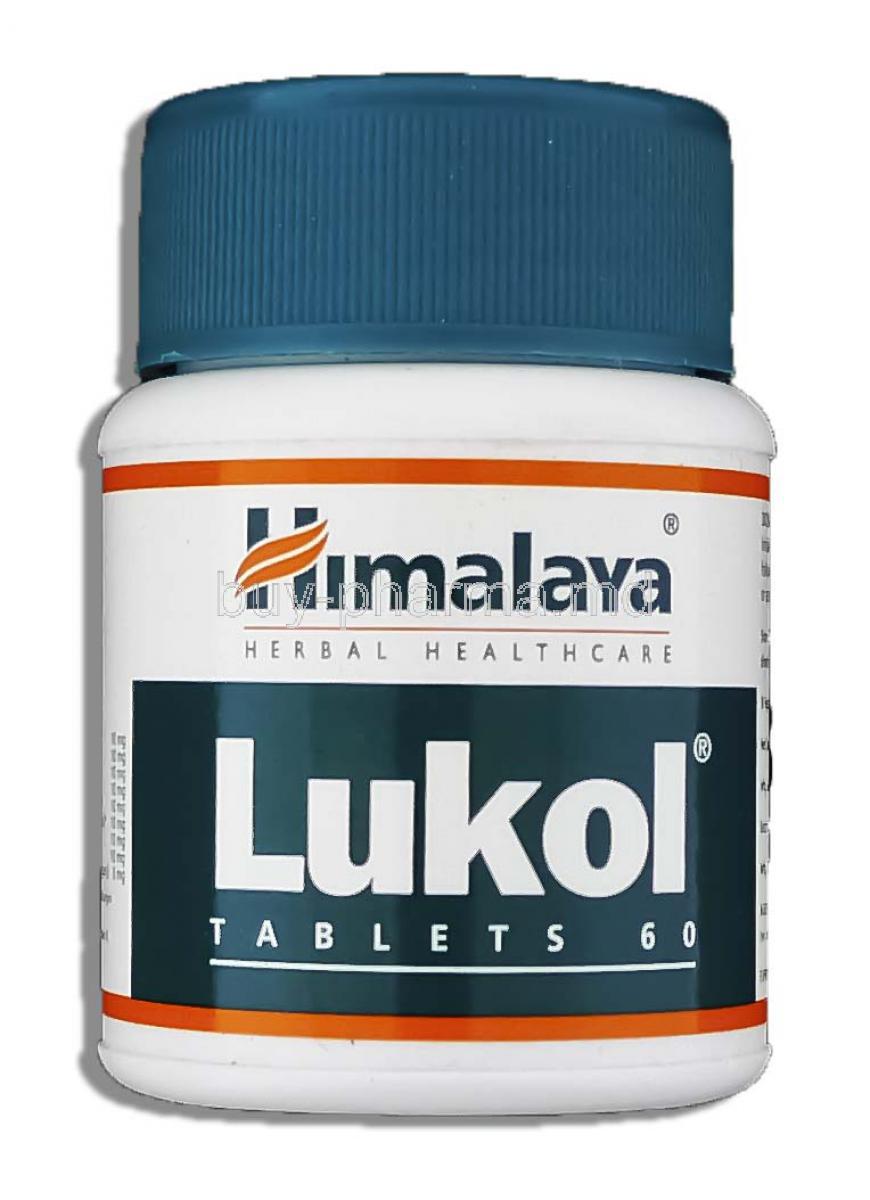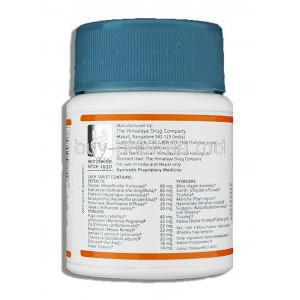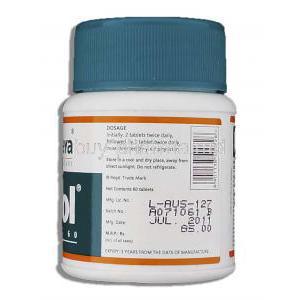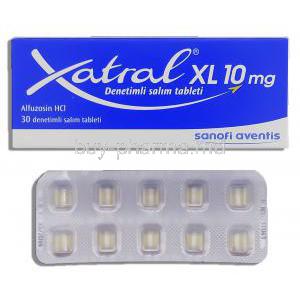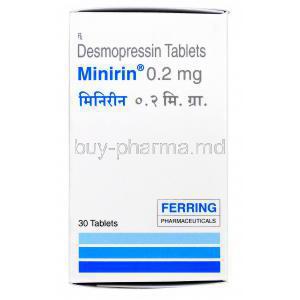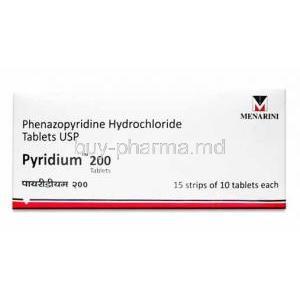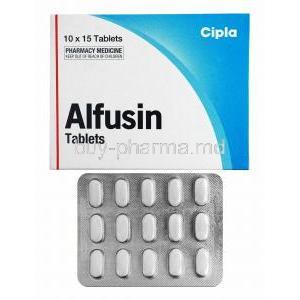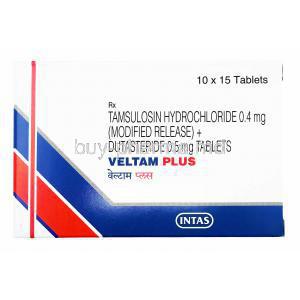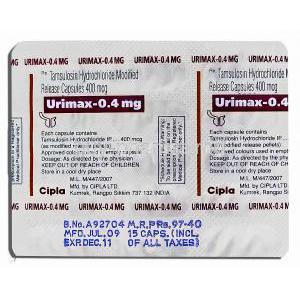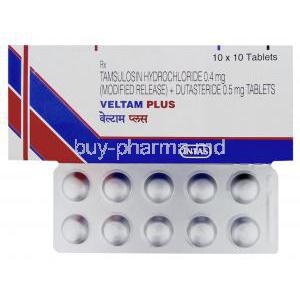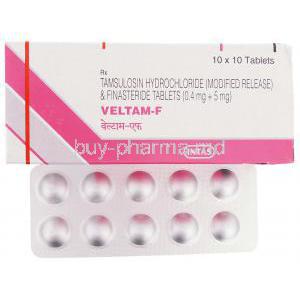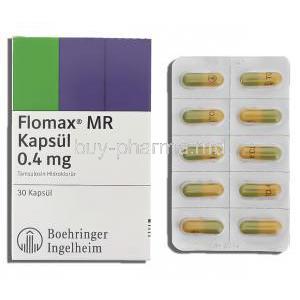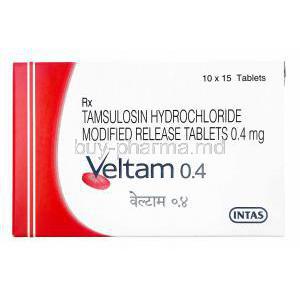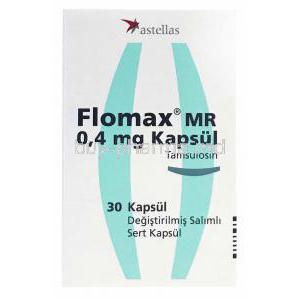Himalaya Lukol
- 1. Introduction to Himalaya Lukol
- 2. Composition and Active Herbal Ingredients
- 3. Mechanism of Action: How Lukol Works in the Body
- 4. Lukol Tablet Uses
- 5. Off-Label and Investigational Uses
- 6. Lukol Dosage
- 7. Lukol Tablet side effects
- 8. Commonly Reported Side Effects from User Experience
- 9. Drug and Herbal Interactions
- 10. Contraindications and Populations to Avoid Use
- 11. Warnings and Important Safety Considerations
- 12. Special Precautions and Careful Administration Guidelines
- 13. Use in Elderly Women
- 14. Administration During Pregnancy and Lactation
- 15. Pediatric and Adolescent Use
- 16. Overdose and Management
- 17. Storage and Shelf Life Information
- 18. Handling and Packaging Precautions
1. Introduction to Himalaya Lukol
Himalaya Lukol is a well-established Ayurvedic formulation designed to support gynecological health, particularly in managing conditions like leukorrhea and pelvic infections. This herbal supplement is rooted in traditional Indian medicine, blending time-tested botanicals with modern pharmaceutical standards.
Manufactured by Himalaya Wellness, a globally recognized brand in herbal healthcare, Lukol reflects the integration of classical herbal knowledge with stringent quality control practices. As a non-hormonal uterine tonic, it is primarily categorized as a natural gynecological health supplement, targeting mucosal integrity and vaginal hygiene.
2. Composition and Active Herbal Ingredients
Himalaya Lukol comprises a synergistic blend of herbs known for their restorative and antimicrobial properties:
- Lodhra (Symplocos racemosa): Astringent and anti-inflammatory; tones uterine muscles and reduces abnormal vaginal discharge.
- Asparagus racemosus (Shatavari): A phytoestrogen-rich adaptogen that nourishes female reproductive tissues.
- Triphala: A traditional detoxifying blend of Amalaki, Haritaki, and Bibhitaki that supports digestive and immune balance.
- Jeeraka (Cuminum cyminum): Carminative and antimicrobial agent promoting digestive harmony and reducing infection risks.
The formulation's efficacy lies in the careful standardization of these ingredients. Himalaya ensures pharmacological consistency through rigorous botanical authentication, heavy metal screening, and GMP-certified manufacturing protocols.
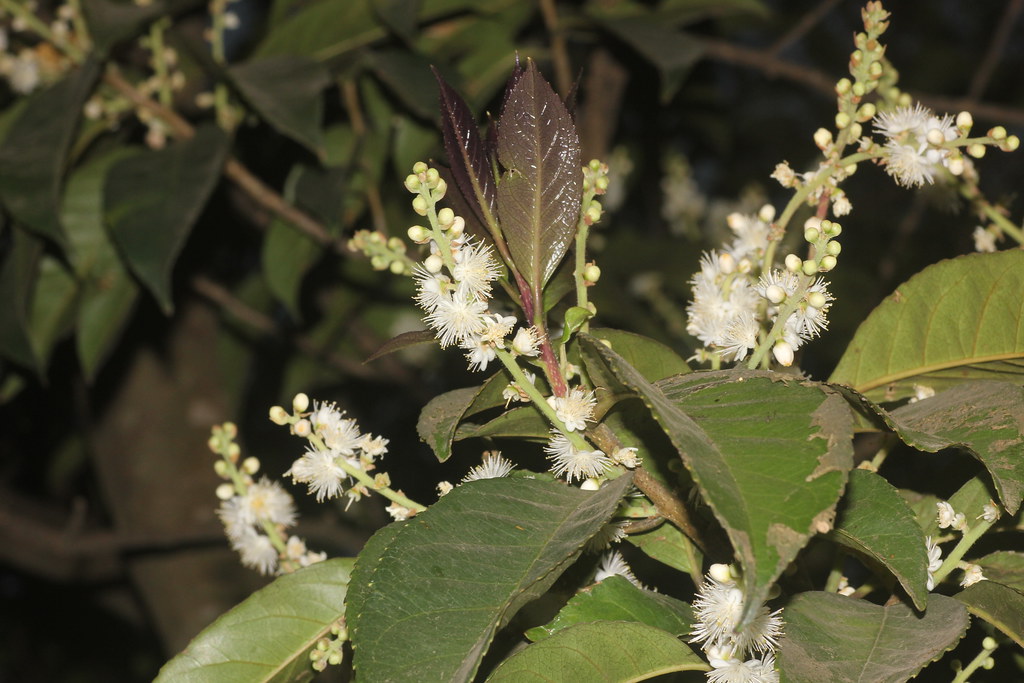


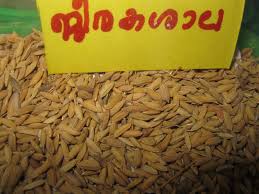
3. Mechanism of Action: How Lukol Works in the Body
Lukol exhibits a multifaceted mode of action, targeting the underlying causes of gynecological discomfort:
- Immunomodulatory Action: Enhances local immune defense in the urogenital tract, reducing vulnerability to microbial invasion.
- Estrogenic Support: Mimics mild phytoestrogenic activity, offering hormonal balance without synthetic hormones.
- Antimicrobial Properties: Inhibits the growth of common vaginal pathogens, including Candida and E. coli, thereby reducing infection recurrence.
- Anti-inflammatory & Antioxidant Effects: Mitigates tissue inflammation while neutralizing free radicals that impair mucosal healing.

4. Lukol Tablet Uses
Lukol is primarily indicated for:
- Leukorrhea: Addresses abnormal white vaginal discharge by correcting mucosal imbalance and enhancing epithelial resistance.
- Pelvic Inflammatory Disease (PID): Used as adjunctive support to manage pain, inflammation, and recurrent infections.
- Non-Specific Vaginal Infections: Aids in alleviating symptoms like foul odor, itching, and mucosal discomfort.
- Reproductive Tract Infections: Often co-prescribed with antibiotics to enhance recovery and prevent relapse.
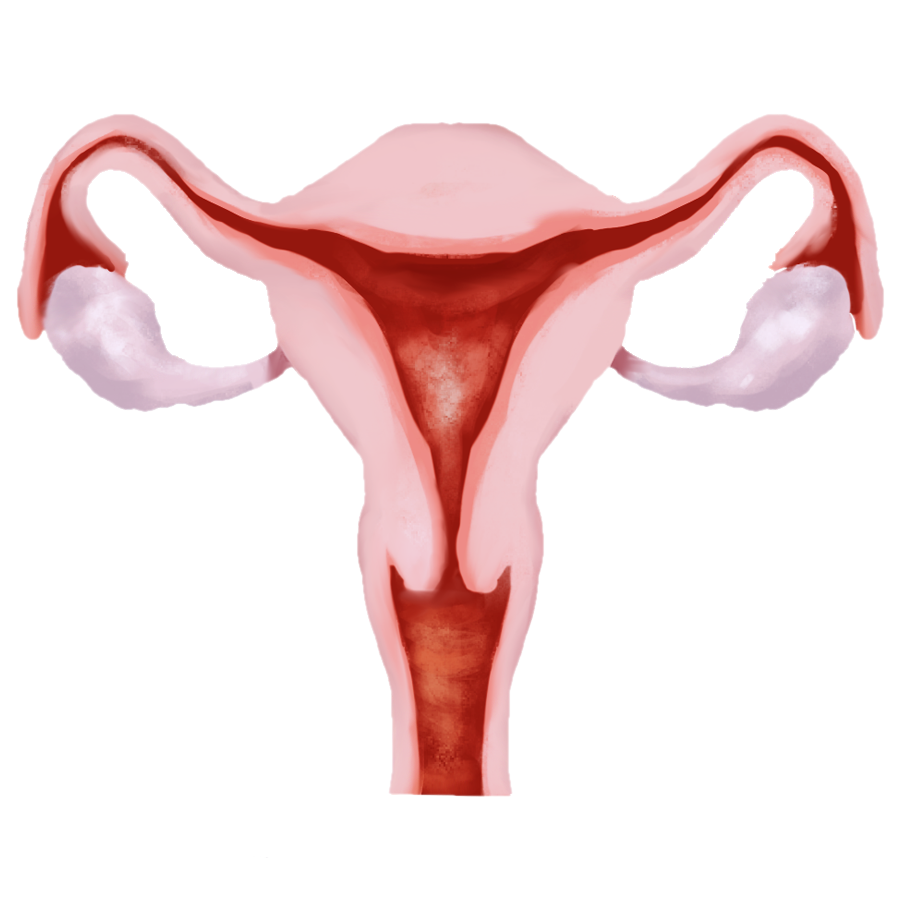
5. Off-Label and Investigational Uses
Beyond its primary indications, Lukol is employed in several emerging or anecdotal applications:
- Menstrual Irregularities: Used to regulate mild hormonal disturbances associated with discharge or discomfort.
- Post-Antibiotic Recovery: Helps restore natural vaginal flora after prolonged antibiotic use.
- Urinary Tract Health: Sometimes used to promote urinary cleanliness and reduce odor through its herbal diuretic effect.
- Vaginal pH Balance: Believed to assist in maintaining optimal acidic pH, reducing microbial overgrowth.
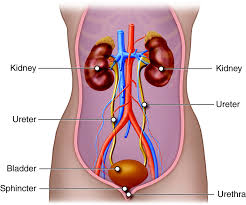
6. Lukol Dosage
The typical dosage for adult women is:
- Therapeutic use: 2 tablets, twice daily after meals, or as directed by a physician.
- Preventive care: 1 tablet twice daily, often continued for a longer duration based on clinical response.
It is recommended to take Lukol with warm water, preferably after food, to aid in absorption and reduce gastric discomfort. Duration of use may range from several weeks to months, depending on symptom severity and underlying cause.
7. Lukol Tablet side effects
Lukol is generally well-tolerated when taken at recommended doses. However, as with all herbal products, individual sensitivity may vary:
- Gastrointestinal Issues: Mild nausea, bloating, or altered bowel habits may occur initially.
- Allergic Reactions: Rare cases of rashes, itching, or urticaria linked to hypersensitivity to specific botanicals.
No serious adverse events have been reported in large user groups or traditional usage history.
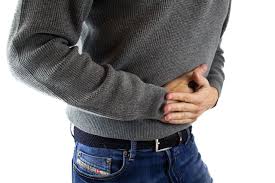
8. Commonly Reported Side Effects from User Experience
Some users have anecdotally noted:
- Fatigue or Drowsiness: Typically transient, possibly due to the adaptogenic ingredients.
- Appetite Changes: Slight increase or suppression of appetite, depending on digestive responsiveness.
- Menstrual Variability: Occasional early or delayed onset of menstruation during early weeks of use.

9. Drug and Herbal Interactions
Caution is advised in the following scenarios:
- With Antibiotics or Antifungals: May enhance the mucosal response but should not replace conventional therapy.
- Hormonal Medications: Although non-hormonal, concurrent use should be monitored to avoid overlapping effects.
- Immunosuppressive Therapy: The immunostimulatory effects of Lukol may counteract the intended suppression in autoimmune conditions.
- Other Herbal Formulas: Especially those containing estrogenic or adaptogenic herbs, due to possible additive effects or metabolic interactions.
Patients on long-term medication regimens should consult their healthcare provider before initiating Lukol.
10. Contraindications and Populations to Avoid Use
Himalaya Lukol is generally regarded as safe when used appropriately; however, it is not suitable for all individuals. Specific populations should exercise caution or completely avoid its use:
- Known Hypersensitivity: Individuals with a documented allergy to any of the herbal constituents should refrain from taking Lukol due to the risk of hypersensitive reactions.
- Estrogen-Sensitive Conditions: Patients with conditions such as endometriosis, uterine fibroids, or estrogen-dependent tumors should consult a physician before using Lukol, as it may exert mild phytoestrogenic effects.
- Untreated Pelvic Tumors or Active Malignancy: Lukol should not be used in cases of pelvic masses or known reproductive malignancies unless under oncological supervision.
- Liver Impairment: As herbal compounds are metabolized hepatically, individuals with compromised liver function must use Lukol cautiously and under medical advice.
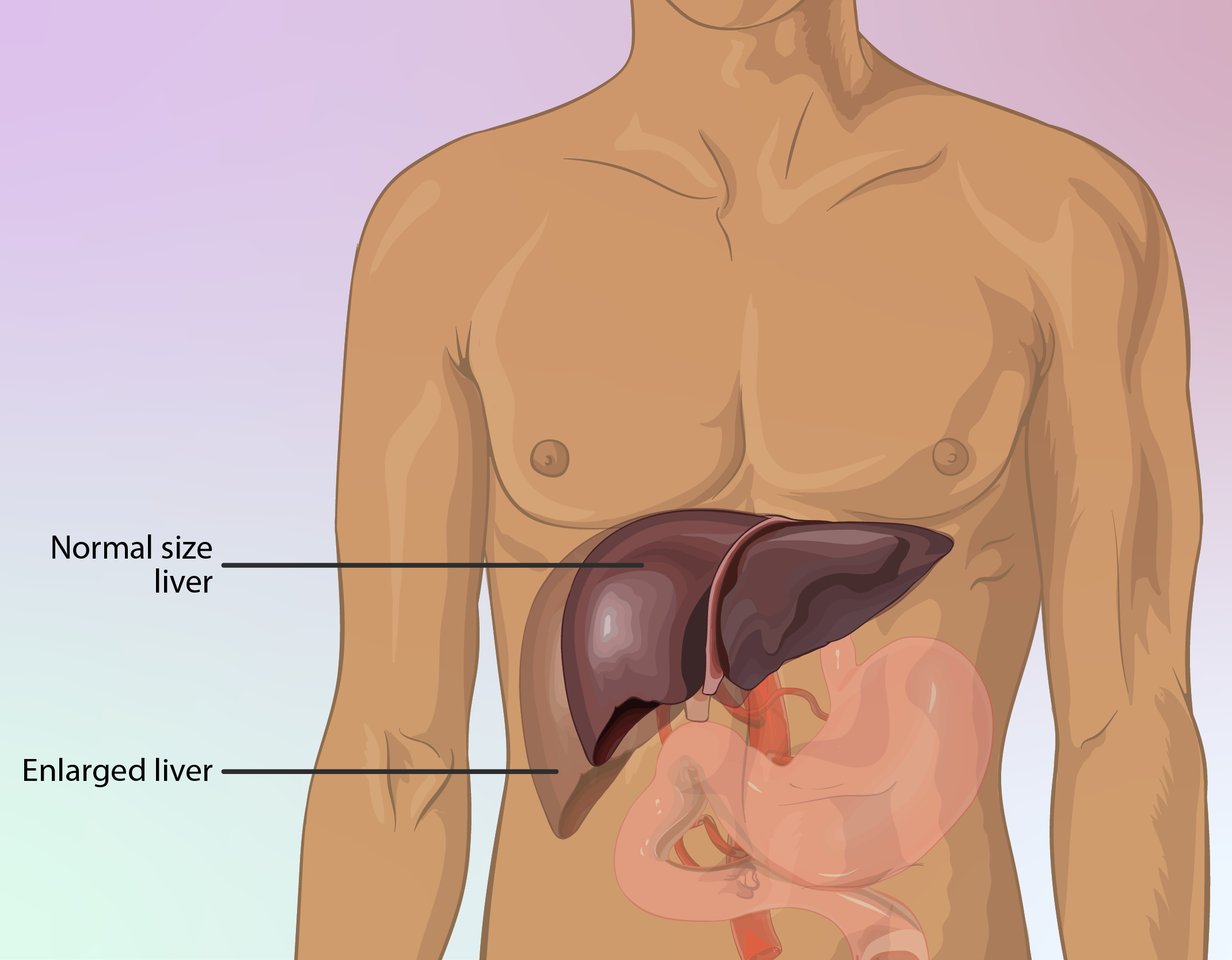
11. Warnings and Important Safety Considerations
While Lukol is a well-tolerated supplement, several key warnings must be observed:
- Not a Substitute for Antibiotics: Lukol is not intended to replace conventional antibiotic therapy in cases of acute or serious gynecological infections.
- Necessity of Medical Diagnosis: Accurate diagnosis by a healthcare provider is essential before beginning Lukol, particularly for persistent or unexplained discharge.
- Self-Medication Risks: Unsupervised use in chronic infections may delay appropriate treatment and lead to complications.
- Menstrual Phase Consideration: It is advisable to avoid taking Lukol during active menstrual bleeding unless specifically recommended by a healthcare provider.

12. Special Precautions and Careful Administration Guidelines
To ensure optimal safety and efficacy, users are encouraged to follow these precautions:
- Discontinue Upon Allergic Reaction: Stop usage immediately if signs such as rash, swelling, or difficulty breathing occur.
- Maintain Proper Hygiene: Adequate genital hygiene and hydration support the therapeutic action of Lukol.
- Limit Prolonged Use: Continuous administration beyond recommended durations should be avoided unless medically justified.
- Avoid Heavy Metal-Based Remedies: Do not combine Lukol with Ayurvedic products containing heavy metals like mercury or arsenic, as such combinations may burden detoxification pathways.
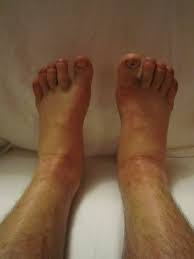
13. Use in Elderly Women
The elderly population presents unique physiological challenges that necessitate individualized care:
- Post-Menopausal Safety: While data is limited, Lukol appears to be safe in post-menopausal women when used appropriately for discharge or local infections.
- Adjust Doses as Needed: Dosage may need to be reduced in elderly patients due to slowed metabolism or organ function decline.
- Polypharmacy Risks: Elderly individuals often take multiple medications, which may increase the potential for herb-drug interactions. Careful monitoring is recommended.

14. Administration During Pregnancy and Lactation
Due to limited clinical safety data, caution is required when using Lukol during pregnancy or lactation:
- Pregnancy Caution: Lukol is not recommended during pregnancy unless explicitly advised by a healthcare provider, especially during the first trimester.
- Breastfeeding Concerns: The effects of Lukol on nursing infants are unknown; therefore, it should be avoided or used only under supervision while breastfeeding.
- Traditional Postnatal Use: In traditional medicine, Lukol has been used for uterine cleansing after delivery. However, such use should only occur under professional guidance.
15. Pediatric and Adolescent Use
Use of Lukol in younger populations should be limited and closely monitored:
- Children Under 12: Not recommended for pediatric use due to lack of sufficient safety data.
- Adolescents: May be used in teenagers for menstrual complaints, but only under physician supervision to assess hormonal and physical maturity.
- Off-Label Use: Should be evaluated carefully for risk-benefit balance before administering in teenage girls with persistent discharge or related symptoms.
16. Overdose and Management
Although Lukol is a herbal formulation, excessive intake can pose risks:
- Overdose Symptoms: May include nausea, abdominal cramping, diarrhea, or dizziness.
- Toxicity Profile: Severe toxicity is unlikely but cannot be ruled out in individuals with underlying organ dysfunction.
- Emergency Management: In case of overdose, discontinue the supplement immediately and consult a healthcare provider. Supportive care is usually sufficient unless symptoms are severe.

17. Storage and Shelf Life Information
Proper storage ensures product stability and safety:
- Temperature and Humidity: Store below 30°C in a cool, dry place. Avoid areas with high humidity such as bathrooms.
- Shelf Life: Check the packaging for expiry date; typically stable for 2-3 years from manufacturing if unopened.
- Opened Containers: Close the lid tightly after each use and avoid transferring tablets to other containers to prevent contamination.
18. Handling and Packaging Precautions
Safe handling and disposal are essential for consumer and environmental safety:
- Child Safety: Keep Lukol out of the reach of children to avoid accidental ingestion.
- Disposal of Expired Product: Expired or unused tablets should be disposed of according to local pharmaceutical waste guidelines. Do not flush down the toilet.
- Protection from Environmental Elements: Ensure that the tablets are not exposed to direct sunlight or moisture to prevent degradation of active compounds.
Himalaya Lukol FAQ
What is a lukol tablet used for?
Deals with leukorrhea (abnormal vaginal discharge) as well as pelvic inflammatory disease (PID) involves targeting the bacteria and fungi that cause these issues.
Is lukol safe during periods?
Yes
Is lukol effective?
Yes
What are the side effects of Lukol syrup?
No recorded side effects
How to eat lukol tablet?
Remember to take 1 to 3 tablets twice a day after eating, following the instructions of your healthcare professional.
How to take Lukol tablets?
Two tablets daily after meals
What is the use of leucorrhoea tablet?
It aids in controlling the secretion of membranes observed in leucorrhea by offering a drying effect that alleviates discomfort symptoms and also helps in calming inflammation and maintaining electrolyte balance within the body.

